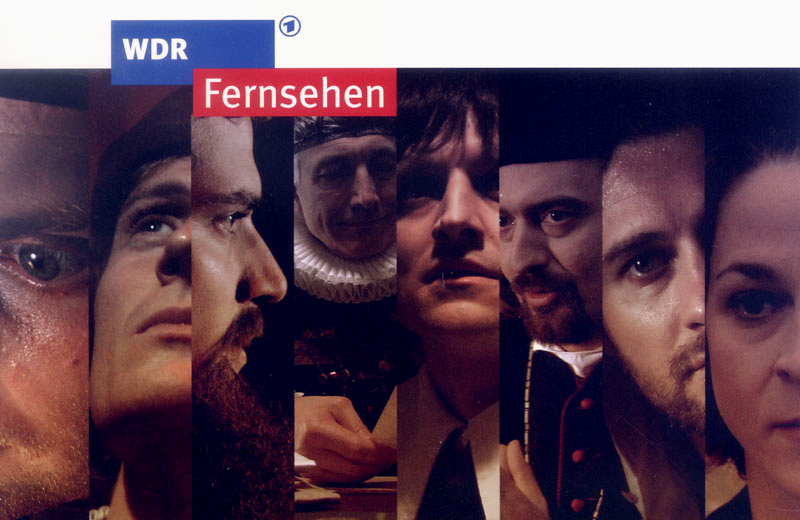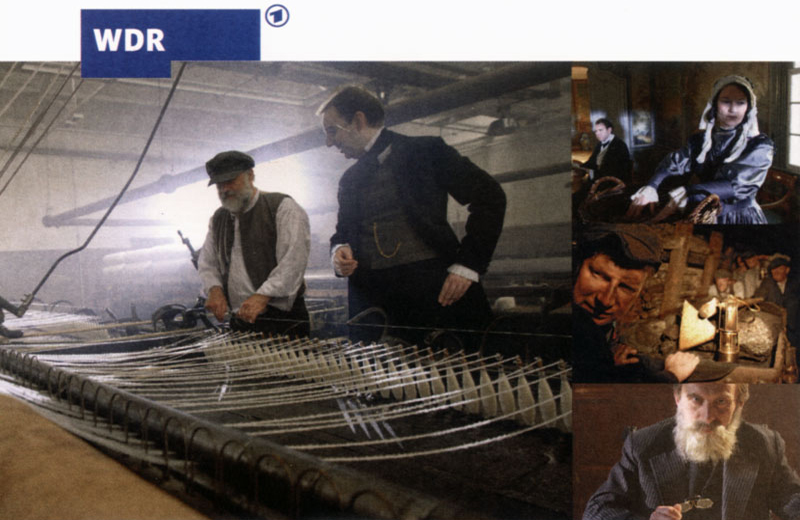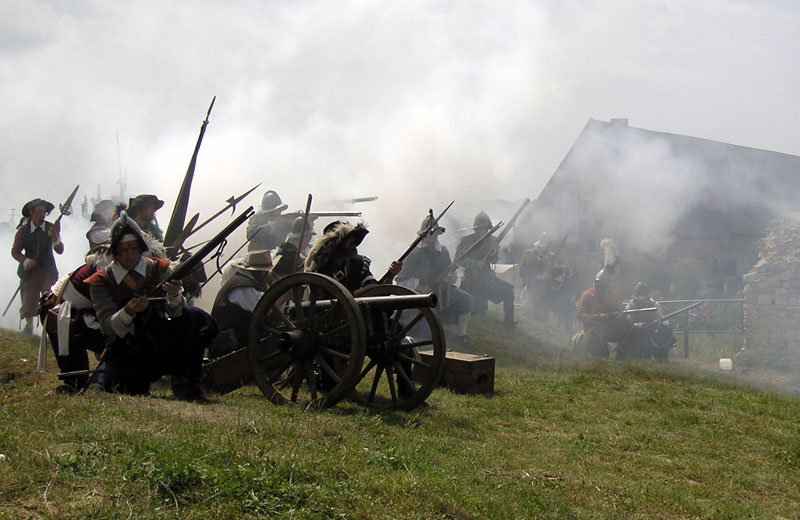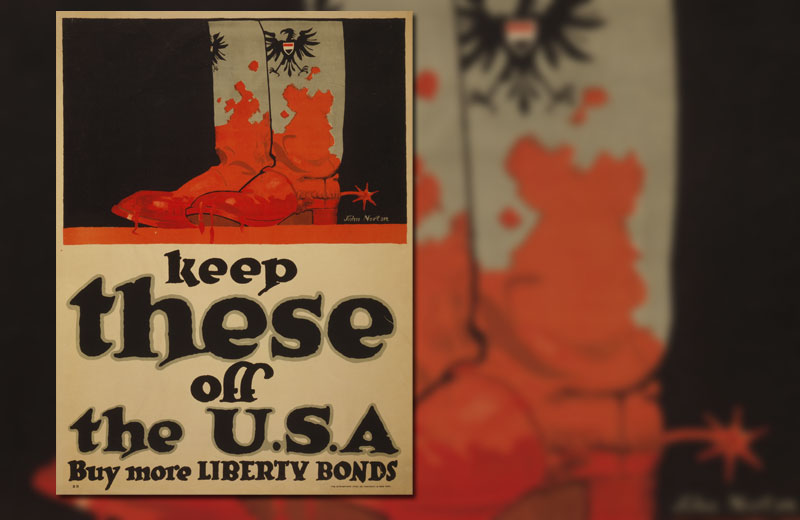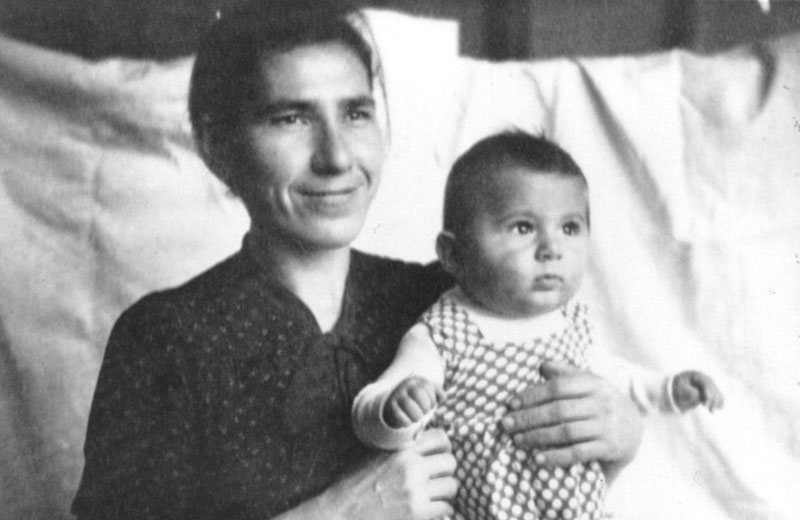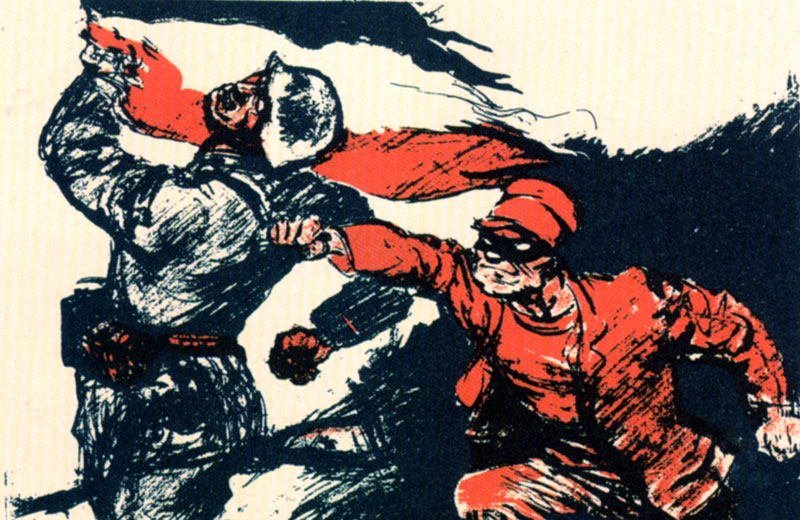We Europeans! (5): Europe discovers the Concept of a Nation (19th Century)
Which ideas, events, developments, and upheavals were, from today’s point of view, particularly defining for the people of Europe? The six-part history series “We Europeans” attempts to find the cultural, political, economic, and social foundations of Europe by looking carefully at the large region’s long and fascinating history.
Anne Roerkohl wrote the script and directed the fifth episode in the series. In her film, she demonstrates how the good conceptual idea of a nation transformed itself into excessive national patriotism in the 19th century.
WDR, arte 2008, 45 Min.

